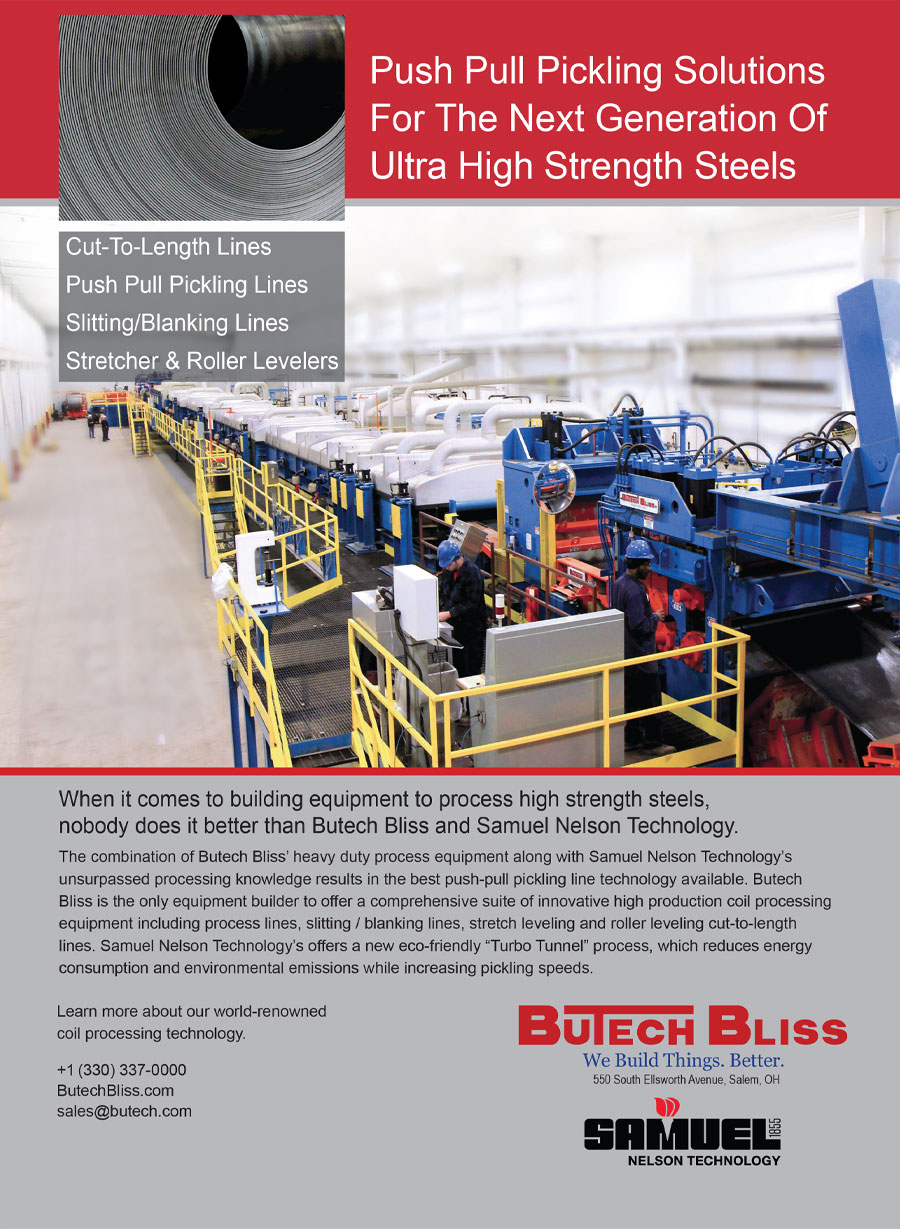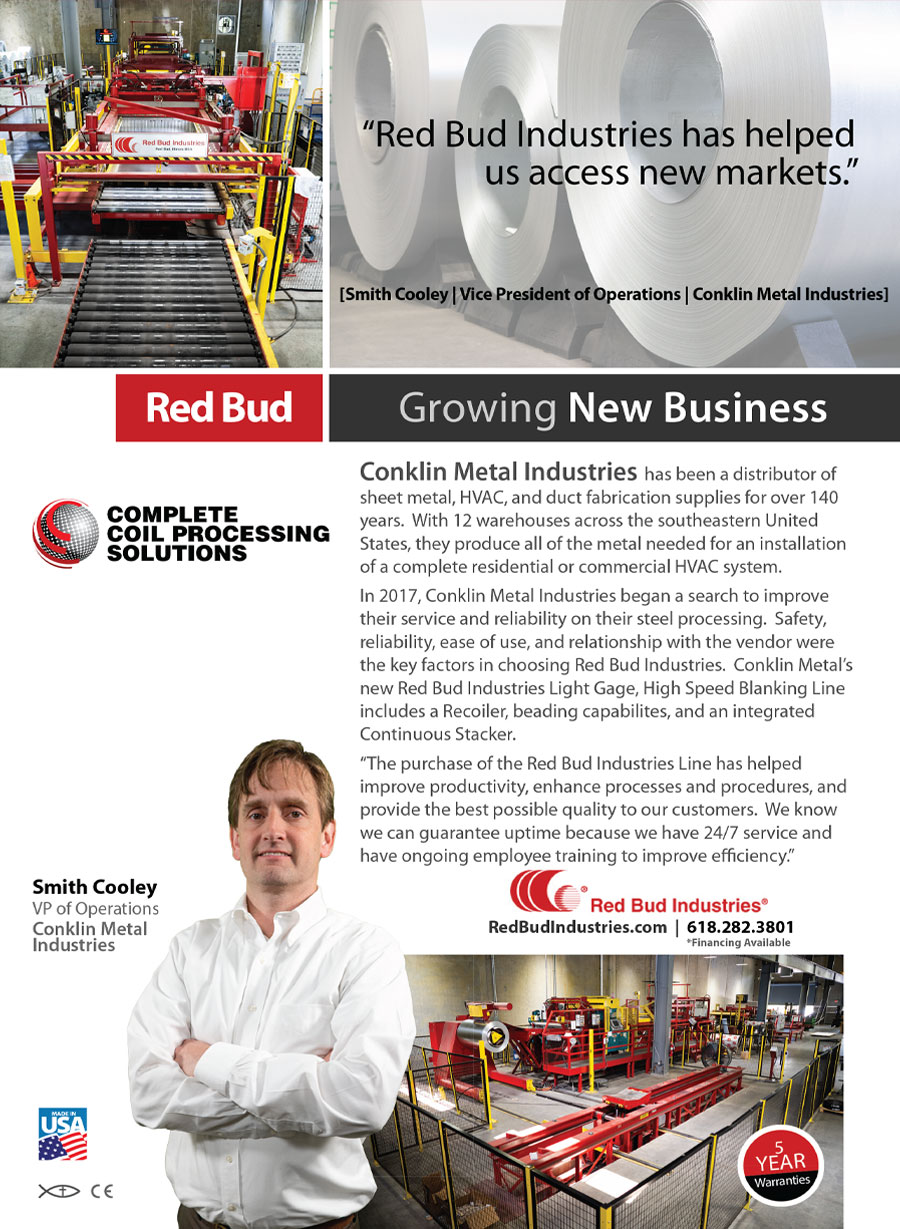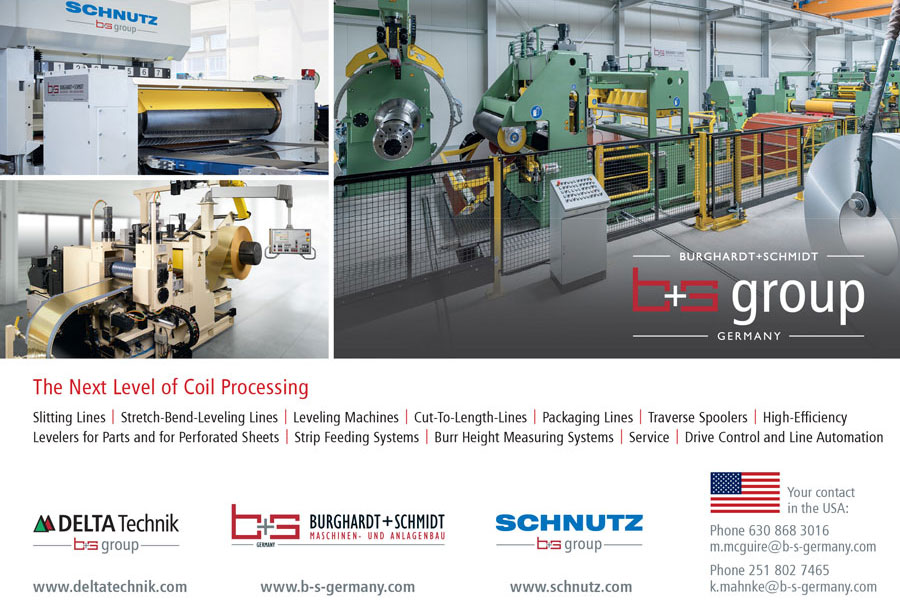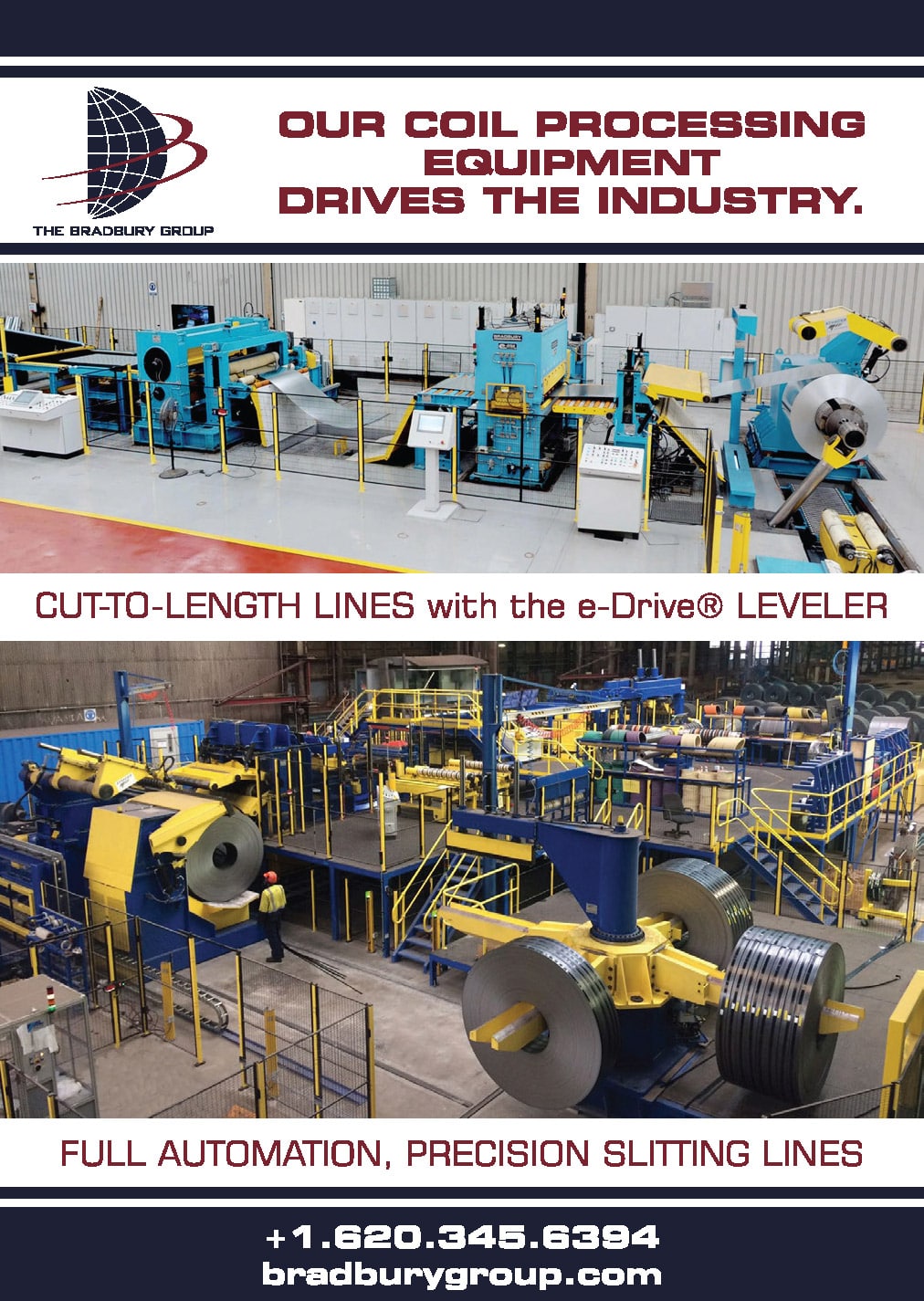he operating rig count in the United States and Canada, as of April 9, was 637 units, down 41.5 percent from that of April 12, 2019. Publicly traded energy majors and their suppliers were pulling their previously issued first-quarter financial guidance during the second week of April.
West Texas Intermediate crude oil futures rose during that same week, compared to a week earlier, then plunged into negative territory. Boom and bust cycles in the oil patch are nothing new. Steel suppliers can recall the 1973 oil embargo, growth in the 1980s followed by a recession, a boom in the ’90s followed by the tragedy of 9/11, the growth of fracking and horizontal drilling opening up American reserves, then the Great Recession. Now there is a price war between OPEC and Russia.
Such cycles are not for the faint of heart, but the smart money traditionally invests even during periods of falling demand. Many hope that the current downturn in economic activity as a result of the global pandemic will be short lived and V-shaped.
“When you are in the steel business, big is beautiful,” according to Rick Quinn, executive vice president of Steel Warehouse. As an example, he cites a slitter the company installed at its Osceloa, Arkansas, service center. The slitter, built by Alcos Machinery in Newmarket, Ontario, processes from 12-gauge (0.064 inch) up to 5/8-inch-thick materials from coils weighing up to 50 tons.
Big River Steel produces 1.65 million tons of flat-rolled steel, and last year launched a project to double its capacity at the same time that U.S. Steel Corp., Pittsburgh, agreed to acquire a 49.9 percent stake in the company.
Steel Warehouse’s latest slitter “supports other equipment we have installed to develop the growing market for quality steel processing in the region,” Quinn says. “In addition to the slitter, we have installed a hot-rolled blanking line and a stretcher-leveler that can also handle 50-ton coils and stretch up to 5/8 inch thick and 80 inches wide.”
The processing and distribution company, he says, “has assembled a combination of processing equipment that supports our ability to service markets up and down the Mississippi River with barge access, rail access and ample trucking capacity. One of the keys in the development of our campus is the ability to manage and process 100,000-pound coils,” which is “a key to reducing scrap and increasing productivity.”
Alcos Machinery operates a 70,000-square-foot manufacturing facility that builds slitting, cut-to-length, multi-blanking, tension leveling, press blanking, corrective leveling and coil packaging lines for processing steel and aluminum.
Following this latest hit, the global economy will eventually rebound, as will demand for steel-intensive oilfield goods.
“Firmer demand growth as the global economy strengthens and slower supply growth will contribute to balanced markets in the fourth quarter of 2020 and global oil inventory draws in 2021,” the agency predicted.
For 2020, EIA expects prices will average $37 a barrel during the second quarter and then rise to $42 during the second half of the year. Furthermore, EIA forecast that average Brent crude oil prices will rise to an average of $55 a barrel next year as shrunken global oil inventories put upward pressure on prices.
As long as steel is needed in high-pressure, high-wear environments like oil and gas, suppliers will partner with machinery manufacturers to help them envision the future and match its promise.
Steel Warehouse Co., Fort Wayne, Indiana, 855/370-9049, steelwarehouse.com.



